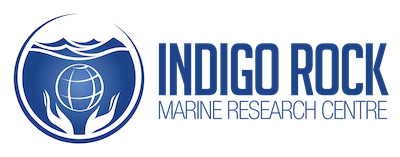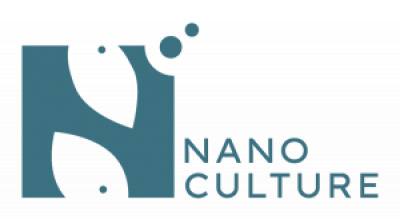NANOCULTURE
The general objective of the project is to advance the risk assessment and mitigation of the worldwide presence of metallic nanoparticles (NPs) of TiO2 and Ag. The focus is the fast-growing aquaculture sector along the Atlantic, specifically, the organisms destined for human consumption (cultured fish, molluscs, seaweed, sea urchins, etc).
The role of INDIGO is to deploy sensors and collect in situ data in order to make corrections or improvements in the sensor design and data analysis. We will also grow and supply seaweed, sea urchins, and mussels for extraction/isolation of TiO2 and Ag. In WP4, INDIGO will evaluate the distribution, accumulation and effects of exposure to NPs of TiO2 and Ag in cells of seaweed, sea urchins and mussels. In WP5, we will grow and supply mussels to carry out in vitro bioavailability studies. We will assist in evaluating how the cooking process influences the bioavailability, cellular permeability and transport of NPs of TiO2 and Ag and supply the waters of the different aquaculture species exposed to NPs of TiO2 and Ag. We will provide one of two sites for a pilot test at an aquaculture site in WP6. We will deploy and maintain, collect data and display sensors in Bantry Bay, Ireland, and provide in situ data to modelers.


